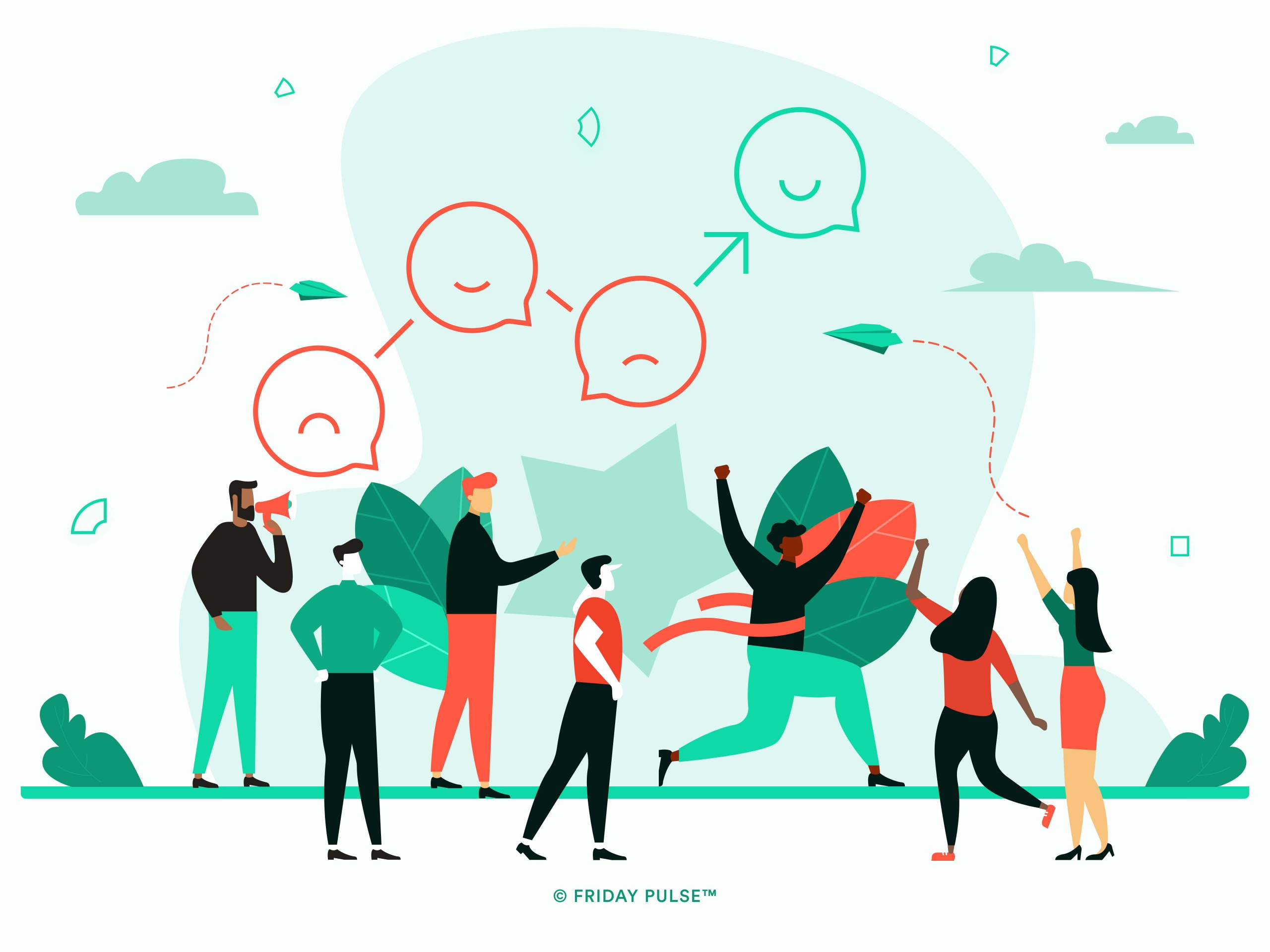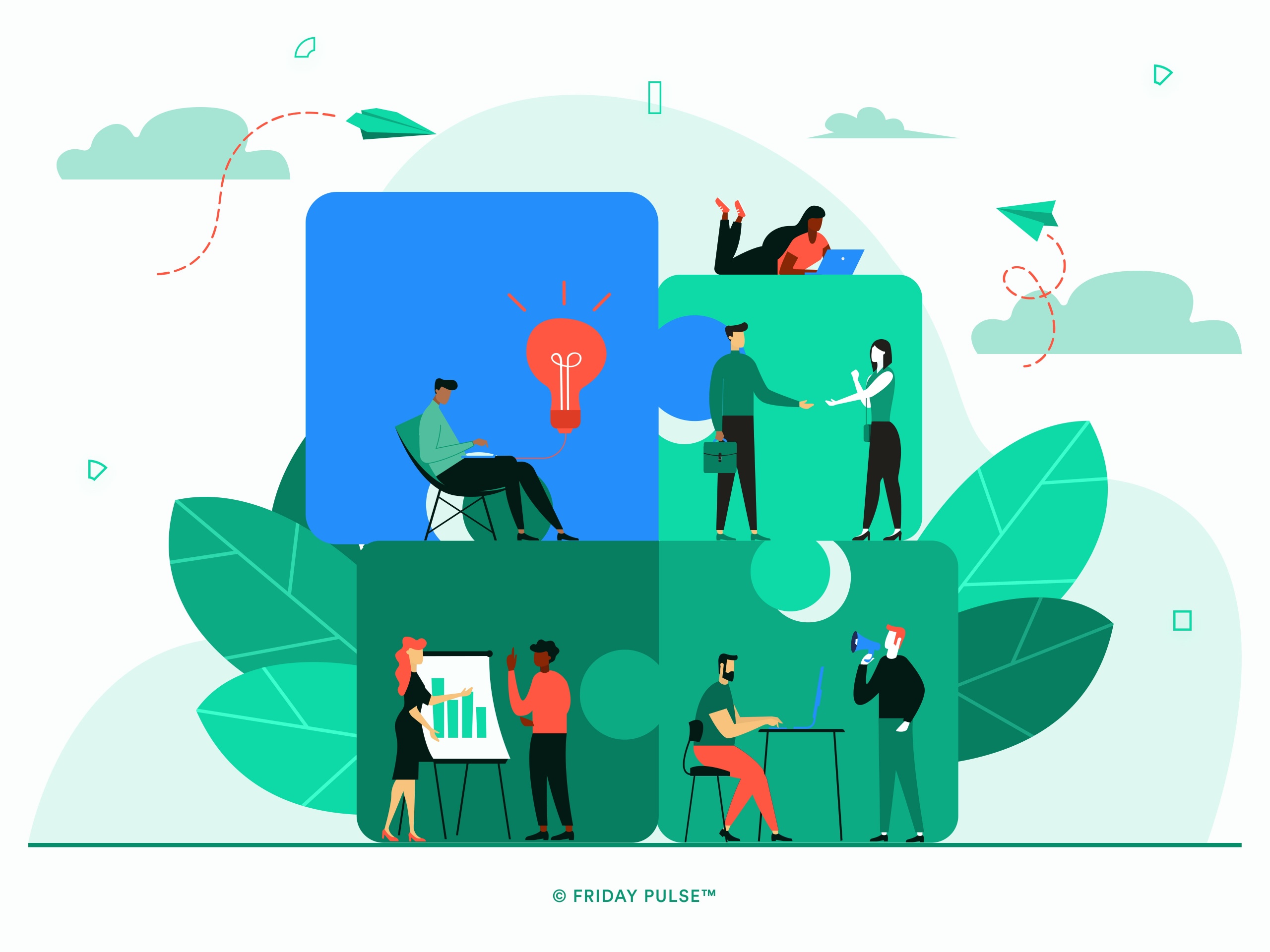I read Tony’s book, Delivering Happiness, before I met him. In it, he
wrote about how he felt trapped in a “golden handcuff” agreement after
he sold his first business, Link Exchange, to Microsoft in 1998. I was
impressed how he recounted that three months into this agreement he left
the job and several million dollars on the table to pay for his freedom.
An amazing example of someone taking his own happiness seriously.
A couple of years later, I met Tony after I’d done my TED Talk in 2010.
We had arranged to meet for an after-dinner drink with Chip Conley —
another TED speaker. The three of us sat down and had a great and
lengthy conversation. Tony then introduced me to his long-term friend
and collaborator Jenn Lim, who was setting up the Delivering Happiness
Movement. This connection led to Jenn, her brother James and I creating
our first product – The Happiness at Work Survey. For several years we
were the measurement partners for Delivering Happiness in the US.
Tony was kind enough to fly to London to help us launch in 2012. He drew
a large crowd of young entrepreneurs to the advertising agency that
hosted our event, creating quite a buzz. It was a great start to our
work together. Over the next few years, I met with Tony several times as
we often spoke at and attended the same conferences.
To this day, I still hear echoes of our chats and feel inspired by him.
He was successful with Zappos and one of the reasons for that success
was because he placed company culture first. He set out to create an environment where
his people could be enthusiastic about both their jobs and their lives.
He wanted an environment where people were joined by a higher purpose
and happy with what they did. For the most part, I think he succeeded in
that.
Happy Employees: the essence of customer service
One of Tony’s strengths was his ability to encapsulate the core essence
of what you needed to do to create great customer service. He firmly
believed that if you want happy customers, you need to have happy
employees.
He once shared he had two rules about how his staff were to talk to
customers over the phone: be yourself and use your judgement. He
knew that forcing people to conform would have been a miserable
experience for everyone. So, he paved the way for his employees to be
true to their authentic selves. He believed that when people were
themselves, they would be able to form emotional connections with
customers.
He encouraged his people to do this, “If you hear a dog barking and you
like dogs, ask them about their dog. If they come from a city or a state
you know something about and you have a relative there, try and make the
connection.” At the same time, those connections shouldn’t be forced.
“If they don’t pick up on it after two attempts, two is enough.”
These emotional connections went beyond sales, he saw it as an
expression of the company brand and key to customer service and
retention. Zappos is an excellent example of the impact that happiness
at work has on the bottom line with its focus on company culture
powering the growth of a billion-dollar business.
Tony took happiness, and positivity seriously at work. For that alone, I
will greatly miss him.
Contribution: a life well lived
But, my admiration for him goes further than that. Tony was a
contributor and contribution, for me, is an essential component of
personal happiness.
In happiness research, there’s often a discussion about the tension
between pleasure and meaning. The debate goes back to ancient Greece
with hedonists emphasizing pleasure and Aristotle philosophizing about
the “life well lived”. I’m of the firm opinion that both of these are
critical in our lives.
We can think about the pleasurable life as being what we receive, what
satiates us. The meaningful life, in contrast, is more about what we
contribute and what we give. It’s a case of giving and receiving. It is
this reciprocity that we want to achieve in our personal relationships
and our work. And when we do, we feel a deep sense that we are living
our lives to the full.
Tony lived life on a larger scale than most of us. One of his core
mantras was to “think bigger”. But, critically, he also had an
extraordinary ‘can-do’ attitude. He was able to take a big idea and act
on it. Even on the scale of changing the face of a city such as Las
Vegas, he was also deeply connected to the individual level. I know
several people who had their lives changed by the time they spent
working on the Downtown Project or at Zappos, and they have spoken about
how grateful they were that they met him. His actions could be enormous,
market shaking. They could also be very personal: life-affirming and
life-changing.
In the years I knew him, I was always impressed by Tony’s commitment to
helping people be themselves, to use their own judgment, but also how he
helped people connect to a larger vision. He was only 46 years old, and
I think we all feel robbed of what he might have been able to do across
the next 46 years of his life.
However, while we mourn, we can celebrate that he achieved a lot in the
short time he walked this planet.
Thank you, Tony.
Nic Marks
Founder & CEO, Friday Pulse





